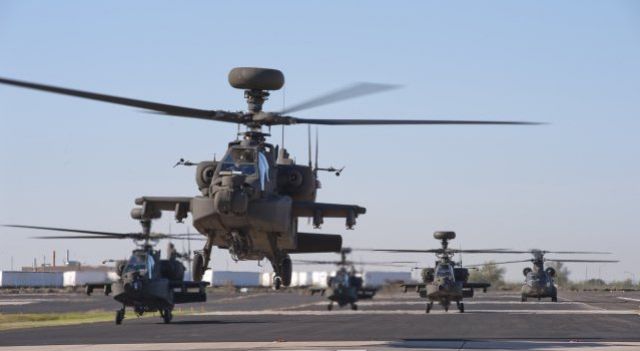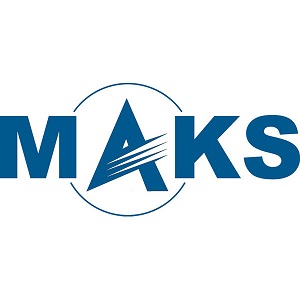| a | |||
| |
|||
World
Defense & Security News - Indonesia |
|||
| Boeing wins a $300 mn contract to deliver 8 AH-64E Apache attack helicopters to Indonesia | |||
Boeing
Defense was awarded on January 26 a $295,866,116 firm-fixed-price foreign
military sales contract for eight AH64E Apache attack helicopters. The
aircraft has been ordered by the Indonesian armed forces. Work will be
performed in Mesa, Arizona with an estimated completion date of Feb. 28,
2018. |
|||
 Boeing Defense's AH-64E
Apache attack helicopters
Boeing Defense's AH-64E
Apache attack helicopters |
|||
The
deal was announced on August 2013 at a joint press conference in Jakarta
between US defence secretary Chuck Hagel and Indonesian defence minister
Purnomo Yusgiantoro, according to a US Department of Defense statement. The Indonesian army has been eyeing gunships for some time under the so-called ‘Minimum Essential Force’ (MEF). As per President Yudhoyono’s decree, the MEF is a capability upgrade program for TNI to be achieved in three stages by 2024. Moreover, Indonesia’s Defence Minister said that the TNI should have more modern capability, which it has lacked for the last 20 years. In March 2007, the Army revealed its 25 year plan to acquire around 135 helicopters to form eight squadrons. The plan started with the purchase of 8 Mi-35 gunships between 2003 and 2008. The AH-64E Apache is a four-blade, twin-engine attack helicopter with a tail wheel-type landing gear arrangement, and a tandem cockpit for a two-man crew. Formerly known as AH-64D Block III, in 2012, it was redesignated as AH-64E Guardian to represent its increased capabilities. The AH-64E features improved digital connectivity, the joint tactical radio system, more powerful T700-GE-701D engines with upgraded face gear transmission to accommodate more power, capability to control Unmanned aerial vehicle (UAVs), full IFR capability, and improved landing gear. New composite rotor blades, which successfully completed testing in 2004, increase cruise speed, climb rate, and payload capacity. |
|||






















